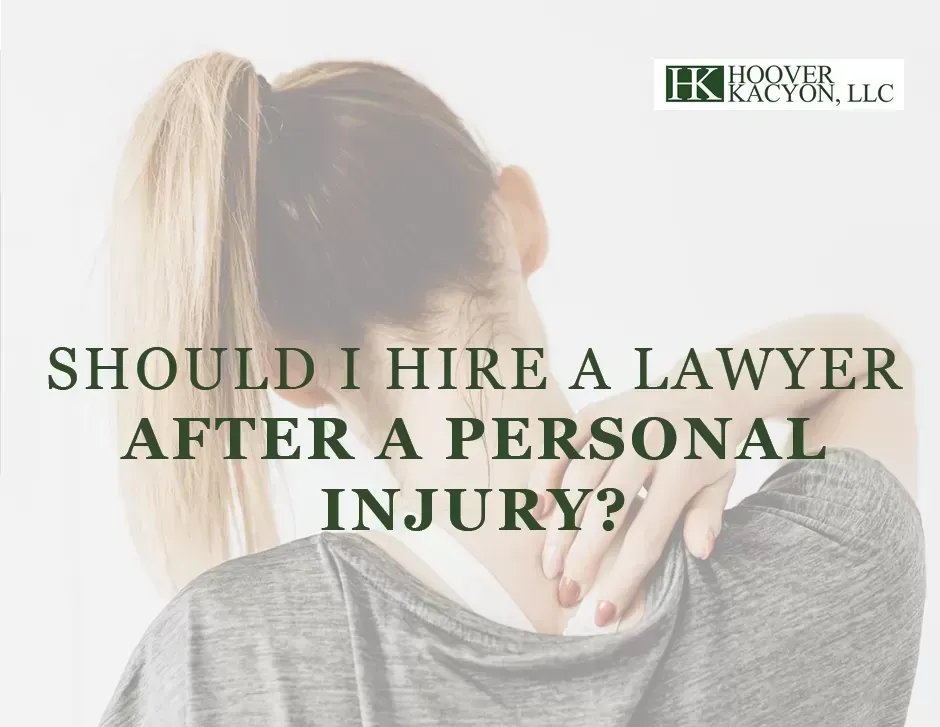
Should I Hire a Lawyer After a Personal Injury?
If you or someone you know has been injured in an accident, you already know that handling the aftermath can be overwhelming. When dealing with pain, mounting medical bills, and emotional trauma, who has the time or energy to fight with insurance companies who don’t want to pay? Let the personal injury lawyers at Hoover Kacyon fight for you.
When do you need to consult a personal injury attorney? Any time an accident has occurred that has resulted in injury to you or the death of a loved one and that accident was a result of someone else’s actions or decisions.
In Ohio, in 2019 there were hundreds of thousands of accidents and over 5,400 fatal accidents involving motor vehicles. Manufacturing employs a large percent of the Ohio population. Chances are you or someone you know has been involved in a vehicle or equipment accident. You may need an attorney to negotiate with insurance companies to ensure you receive fair compensation for things like repair bills, medical bills, and lost wages.
If you’ve experienced the death of a loved one due to someone else’s negligence, you should consider consulting an experienced attorney in the matter of a wrongful death lawsuit in order to seek compensation for medical expenses, funeral costs, past/future lost wages, as well as compensation for the unmeasurable emotional loss.
Accidents happen for a multitude of reasons, but financial relief may be available to lessen some of the burdens. The personal injury lawyers at Hoover Kacyon, LLC., are dedicated to supporting our clients. We deliver the highest quality legal representation from a team of injury professionals while also providing excellent customer service.
If you need to retain an attorney immediately, as there are court required deadlines that need to be met, call us at 330-922-4491 or contact us online so that we can immediately schedule you for an initial consultation.
Source: https://www.statepatrol.ohio.gov/statistics/statspage3.asp
Recent Post
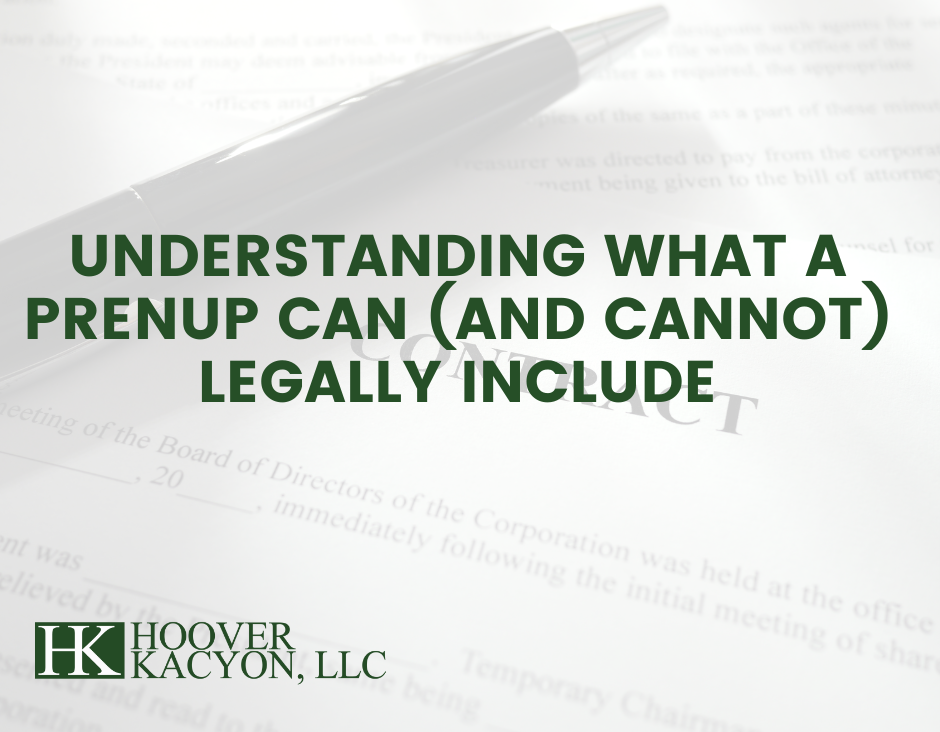





You Might Also Like






You Might Also Like






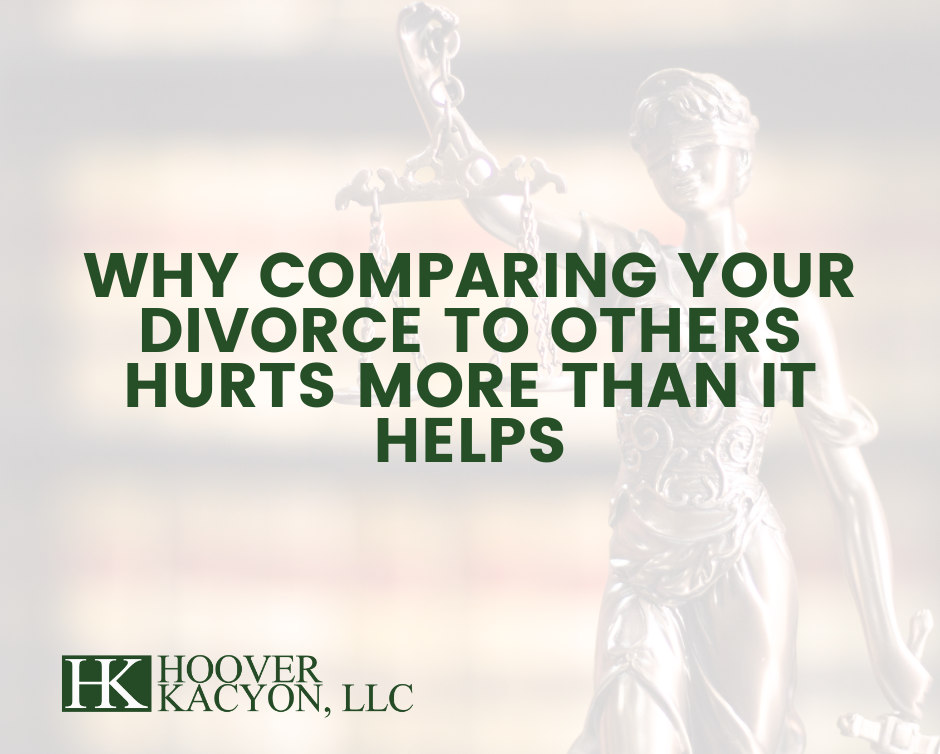
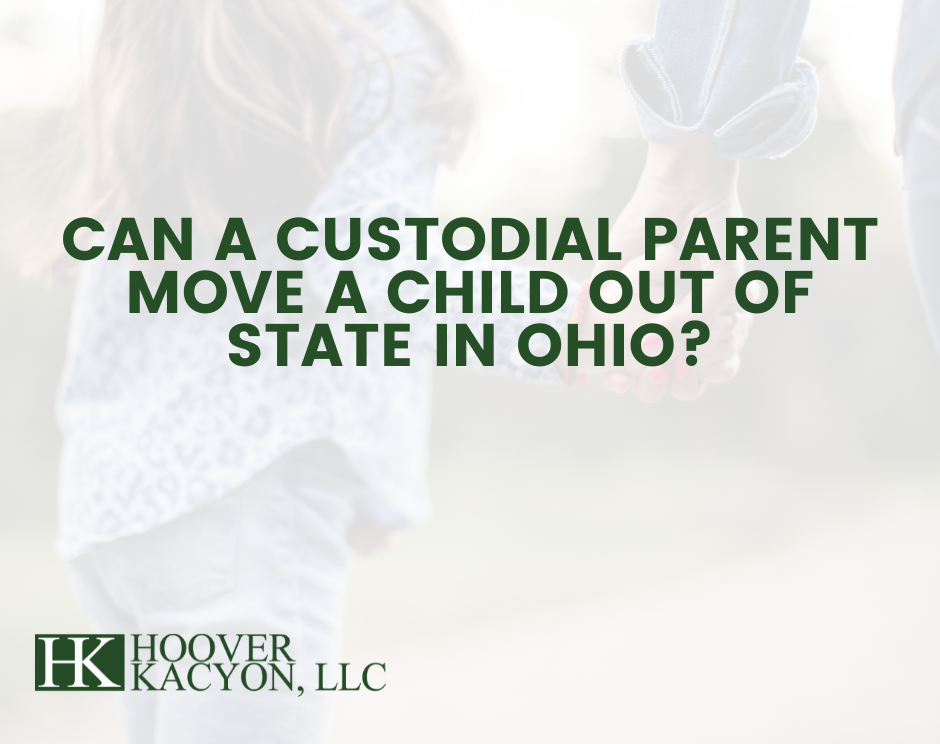

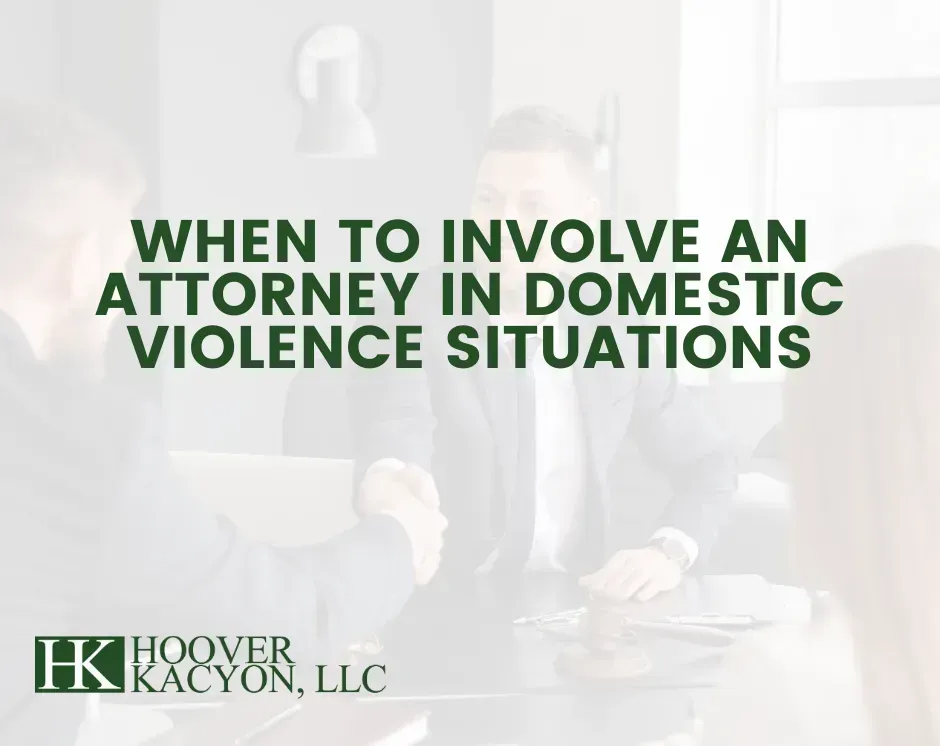
You Might Also Like













